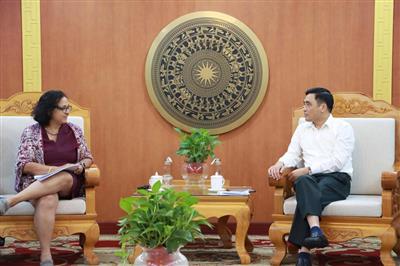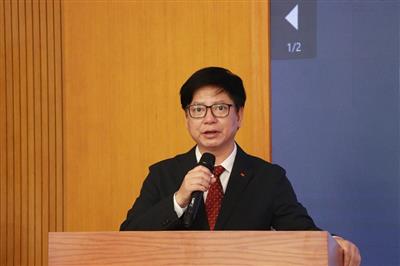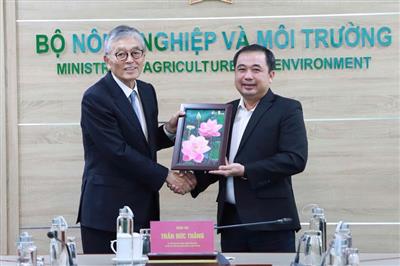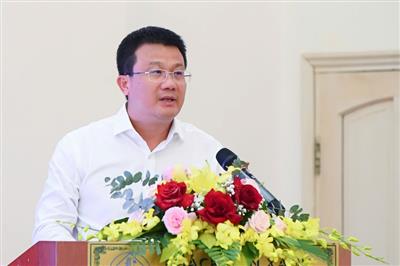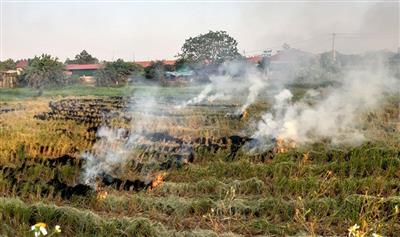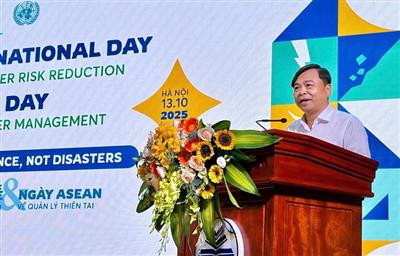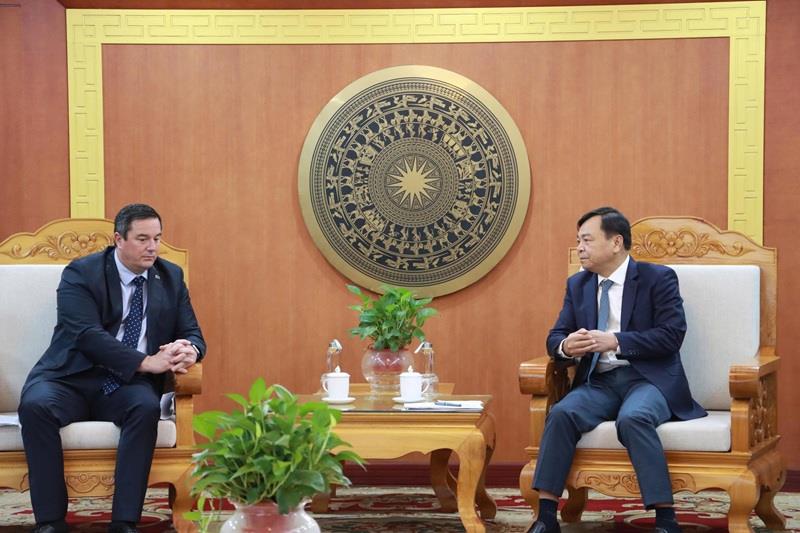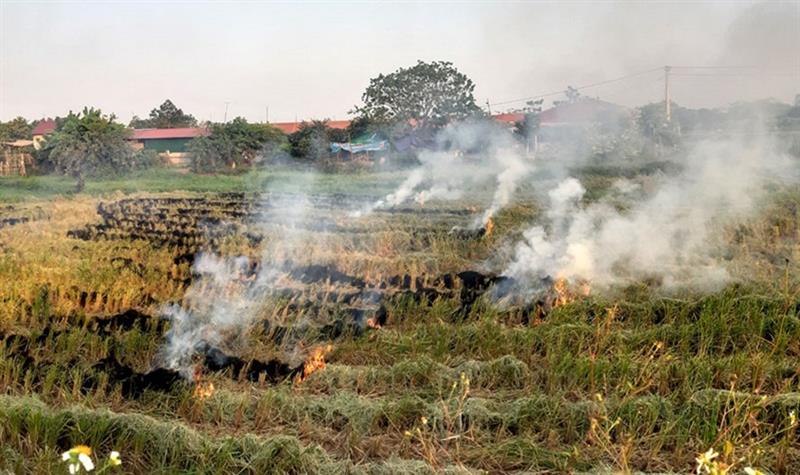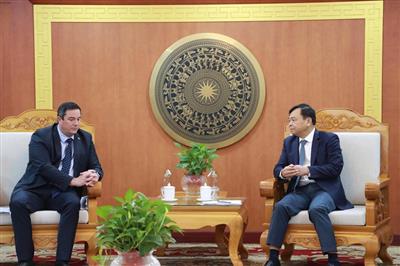
Vietnam and FAO advance global cooperation on OCOP: Sharing experiences and driving sustainable food system transformation
07/07/2025TN&MTAs the world searches for effective models of rural development that are resilient to climate change and aligned with the Sustainable Development Goals (SDGs), Vietnam’s “One Commune One Product” (OCOP) program is garnering growing international attention. From July 14 to 16, 2025, the Ministry of Agriculture and Environment of Vietnam, in collaboration with the Food and Agriculture Organization of the United Nations (FAO), will host a high-level interregional forum on OCOP in Hanoi. The event will welcome 14 African Ministers of Agriculture and leading international experts.
The idea for the forum stemmed from consensus reached during the visit of FAO Director-General Qu Dongyu to Hanoi in February 2025. This marks the first intercontinental ministerial-level dialogue on OCOP, showcasing Vietnam’s proactive role in fostering international cooperation for sustainable rural development and the transformation of food systems.
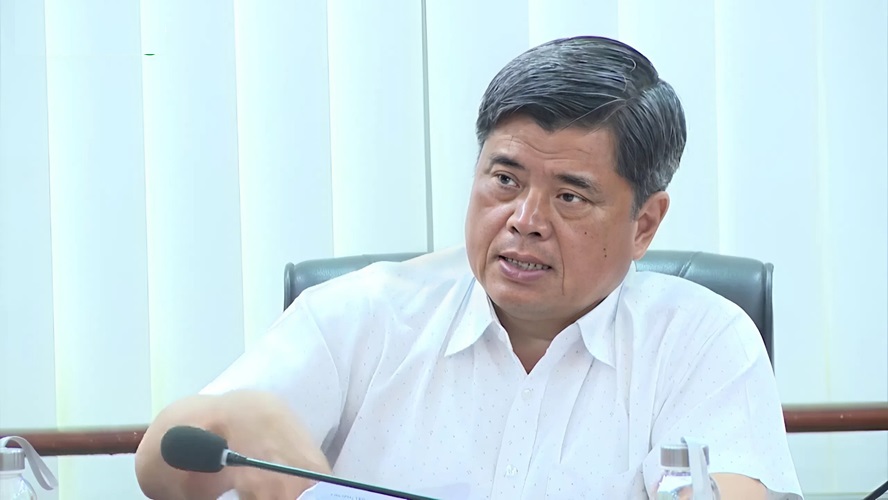
Deputy Minister Tran Thanh Nam emphasized the importance of Asia-Africa cooperation in food system transformation and highlighted Vietnam’s focus on trade, branding, and tech integration in OCOP
Speaking at a preparatory meeting on July 7, Deputy Minister of Agriculture and Environment Tran Thanh Nam said: “Ministerial-level dialogue on food system transformation and OCOP is a shared concern across regions. This forum offers an opportunity for Asia and Africa to learn from one another’s practical models. Our Ministry is now focused on trade promotion, product branding, and the integration of science and technology into OCOP.”
According to Mr. Nguyen Do Anh Tuan, Director General of the Department of International Cooperation (Ministry of Agriculture and Environment), the forum will revolve around three key themes: sharing Vietnam’s experiences in implementing the OCOP program; ministerial-level dialogue on the role of OCOP in building sustainable and resilient food systems; and promoting innovation and technology in OCOP. Delegates will also participate in a field visit to Ninh Binh Province to study two OCOP success stories: Sinh Duoc Cooperative, which integrates OCOP with community-based tourism, and Dai Long Food Processing and Trading Company, known for its value-chain model in producing crispy rice.
From July 14 to 16, 2025, 14 Ministers of Agriculture from African nations will visit Vietnam to attend a high-level interregional forum on sharing experiences with the “One Commune One Product” (OCOP) model. Following the Forum, the Ministers will embark on field visits to explore OCOP practices and innovations across Vietnam.
The Forum will center on three key themes:
1. Vietnam’s experience in implementing the OCOP program;
2. Ministerial-level dialogue on OCOP’s contribution to sustainable and resilient food system transformation;
3. Enhancing science, technology, and innovation for agricultural and food system transitions.
Improving the policy framework: Strengthening the legal foundations for OCOP’s global integration
More than a community-driven rural initiative, OCOP is increasingly being recognized as a strategic foundation for Vietnam’s national food system transformation. In the context of deepening international cooperation, strengthening the legal framework is critical to ensure that the program operates efficiently and aligns with modern governance models.
A key institutional milestone was marked by the Prime Minister’s Decision No. 1489/QD-TTg, issued on July 6, 2025, amending Decision No. 919/QD-TTg on the approval of the OCOP Program for the 2021–2025 period. The revised framework streamlines the product evaluation and classification system from three administrative levels (commune–district–province) to two (provincial and national). This adjustment not only reduces bureaucratic hurdles but also aligns with Vietnam’s two-tier administrative system, ensuring greater efficiency and effectiveness.
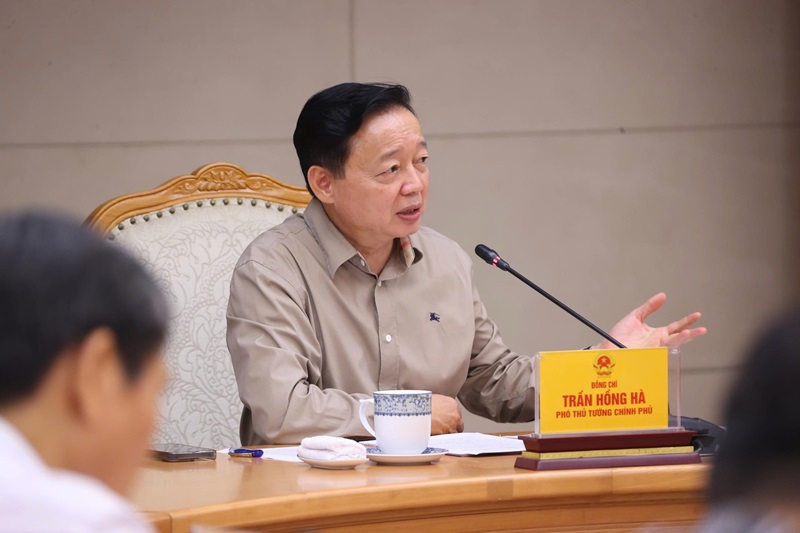
Deputy Prime Minister Tran Hong Ha stressed the need to align OCOP with rural development, science and technology, and national branding to boost global market access
In addition, the new regulations emphasize the application of science and technology, traceability, intellectual property protection, and standardized packaging and labeling. These measures reflect global consumer trends and create favorable conditions for expanding OCOP products into international markets. Inter-ministerial coordination mechanisms have also been clarified, with the Ministry of Agriculture and Environment continuing to serve as the lead agency in program implementation, in close collaboration with local authorities and related institutions.
At the June 2025 regular Cabinet meeting, Deputy Prime Minister Tran Hong Ha underscored: “The OCOP program must be embedded in the next phase of the national new rural development strategy, closely linked with science and technology, intellectual property, and national branding. Refining classification criteria and protection mechanisms is essential for OCOP products to reach global markets.”
Institutional reforms in OCOP not only serve domestic priorities but also open up new pathways for international outreach—particularly within South–South cooperation frameworks where developing countries are actively exploring effective and adaptable rural development models.
Tangible impacts and multi-dimensional support mechanisms for the OCOP program
After more than five years of nationwide implementation, the OCOP program has demonstrated its vitality and effectiveness in promoting rural economic development based on endogenous resources, sustainability, and local identity. As of June 2025, more than 16,500 OCOP products across the country have received three-star ratings or higher, including 126 five-star national-level products—positioning OCOP as a driving force for transforming rural production models and improving livelihoods.
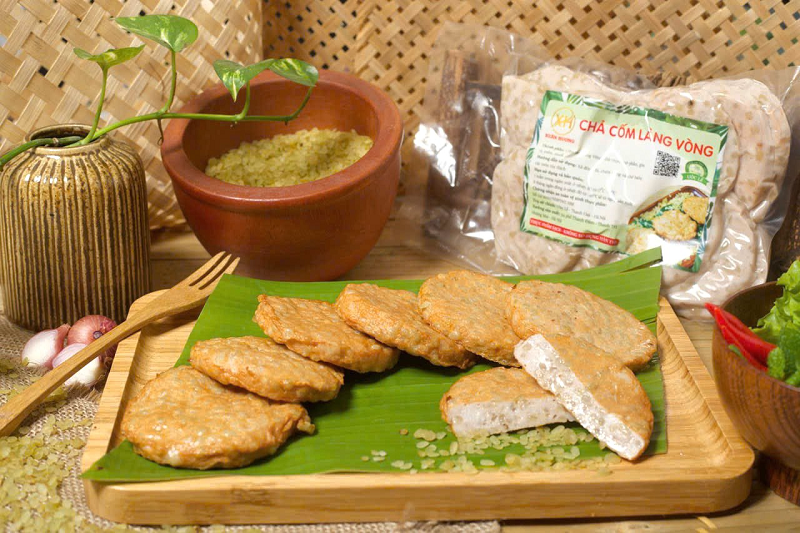
Vietnam now has over 8,900 OCOP entities—up by 6,480 since 2020—with growing female participation and strong community engagement across cooperatives, small businesses, and households
According to the Central Coordination Office for New Rural Development, Vietnam currently has approximately 8,924 OCOP entities, an increase of 6,480 compared to 2020. Of these, 32.8% are cooperatives, 25.2% are small businesses, 33.8% are household producers, and the rest are collaborative groups. The share of OCOP products owned or led by women has also steadily increased, reflecting the program’s inclusive and wide-reaching impact on community development.
The practical effectiveness of OCOP goes beyond agricultural and traditional craft products—it also extends to the service sector and community-based tourism. Success stories such as Sinh Duoc Cooperative (Ninh Binh), Na Chi Lang Cooperative (Lang Son), and Dai Long crispy rice exemplify OCOP’s potential to generate value through integrated value chains, product traceability, standardization, and brand development.
To enhance product quality and competitiveness, the government has introduced a comprehensive support framework, including preferential credit policies, trade promotion activities, intellectual property protection, technology transfer, and human resource development. Among these, the role of central ministries—particularly the Ministry of Agriculture and Environment—has been pivotal. From policymaking to local-level implementation, their coordinated engagement has ensured consistency and impact across the program’s lifecycle.
At the 2023 National Forum on OCOP Product Development, then-Minister of Agriculture and Rural Development Le Minh Hoan emphasized: “OCOP is not just a product—it is a form of cultural expression, a narrative of local identity. If we want OCOP to go far, we must invest in the story behind the product, in its uniqueness and sustainability.”
From a practical perspective, OCOP is evolving into more than a rural product development initiative—it is becoming a foundation for food system transformation, expanding value chains from village to supermarket and from domestic markets to global distribution channels. This aligns closely with the spirit and objectives of the upcoming Vietnam–FAO high-level forum.
Vision for international cooperation and OCOP’s global outlook
The co-organization of the 2025 OCOP High-Level Forum by Vietnam and FAO not only underscores Vietnam’s pioneering role in rural development but also signals a new phase of international cooperation—aimed at institutionalizing OCOP as a global initiative contributing to the transformation of agri-food systems.
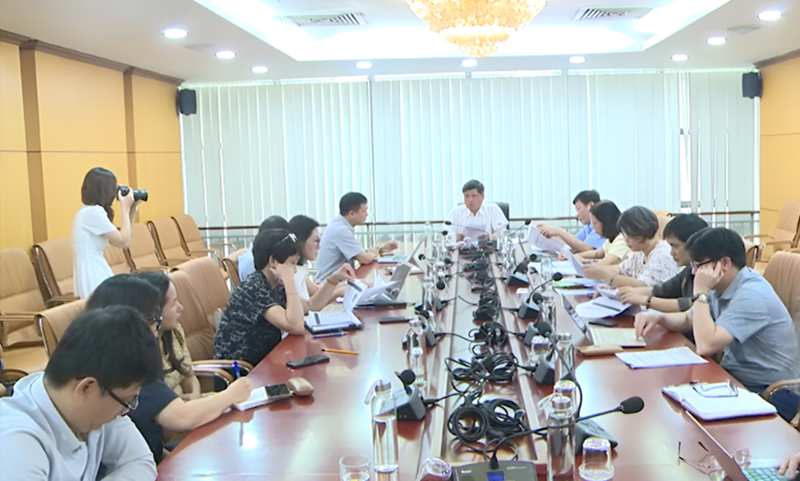
Deputy Minister Tran Thanh Nam affirmed that OCOP must reach global policy arenas, with the Forum showcasing Vietnam’s success and promoting a shared vision for inclusive rural development
The success of OCOP in Vietnam has garnered growing attention, especially among developing countries. During his visit to Hanoi in February 2025, FAO Director-General Qu Dongyu praised OCOP as “an effective solution that links rural economic development with the preservation of indigenous culture and community resilience amid global disruptions".
This shared vision laid the groundwork for organizing the international Forum as a concrete step to internationalize the OCOP model, embedding it into FAO’s technical assistance and rural development programming across regions.
Notably, the Vietnam–FAO Cooperation Strategy for 2022–2025 identifies sustainable, inclusive, and resilient food systems as one of its three strategic pillars. OCOP serves as a key vehicle for realizing this goal by promoting local production, enhancing value addition, and ensuring market access for vulnerable communities—particularly in mountainous and remote areas.
In the long term, OCOP is poised to evolve beyond a local product development initiative to become a strategic component of global food and agriculture policy frameworks. The presence of 14 African Ministers at the Forum lays the foundation for building an interregional OCOP network to share policies, transfer technologies, and mobilize public–private investment. It also provides Vietnam with a timely opportunity to advance agricultural diplomacy and contribute meaningfully to the UN Sustainable Development Goals (SDGs)—particularly SDG 1 (No Poverty), SDG 2 (Zero Hunger), SDG 8 (Decent Work and Economic Growth), and SDG 12 (Responsible Consumption and Production).
As Deputy Minister Tran Thanh Nam has consistently emphasized: “The future of OCOP should go beyond villages—it must enter international policy corridors.” This Forum, therefore, transcends national boundaries: it not only tells Vietnam’s success story, but also helps co-create a new, inclusive, and resilient approach to rural and agricultural development in the 21st century.
Ngoc Huyen


